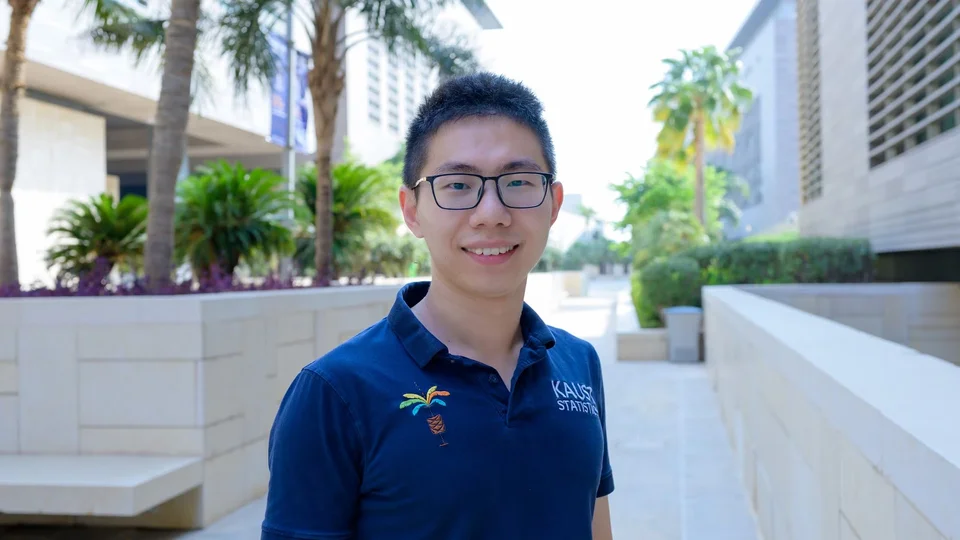
Students shine on the statistics stage
KAUST Ph.D. alumna Sabrina Vettori and Ph.D. student Yuxiao Li have been selected by the Eastern North American Region (ENAR) of the International Biometric Society to receive a Distinguished Student Paper Award at the 2018 ENAR Spring Meeting.
About
KAUST Ph.D. alumna Sabrina Vettori and Ph.D. student Yuxiao Li have been selected by the Eastern North American Region (ENAR) of the International Biometric Society to receive a Distinguished Student Paper Award at the 2018 ENAR Spring Meeting.
Li and Vettori will travel to Atlanta, Georgia, U.S., in March to receive their awards at the beginning of the ENAR President's Invited Address Session and to attend the 2018 ENAR Spring Meeting.
Yuxiao Li
Li, who is currently pursuing a Ph.D. in statistics under the supervision of Assistant Professor Ying Sun, received the award for his paper entitled "Efficient Estimation for Non-stationary Spatial Covariance Functions with Application to Climate Model Emulation." Li explained that in statistical environmental studies, there is a tension between the convenience and relative computational ease of using stationary assumptions and the more realistic conditions of non-stationary assumptions.
Li's paper proposes a new estimation procedure for certain types of non-stationary Matern covariance functions making non-stationary estimations more efficient with the option of using the local stationary model as a special case. Li applied his model to North American precipitation data and explained that he was able to "perform high-resolution simulations and generate non-stationary precipitation fields on a finer scale."
This award holds a special place for Li, as it was the first research project he conducted at KAUST. He noted, "This award gives me confidence for future research and encourages me to pursue a promising academic career."
Sabrina Vettori
Vettori, who graduated in December 2017 with a Ph.D. in statistics under the supervision of Distinguished Professor Marc Genton and Assistant Professor Raphael Huser, received the award for her paper titled: "Bayesian Hierarchical Modelling of Air Pollution Extremes Using Multivariate Max-Stable Processes."
Vettori explained that the U.S. Environmental Protection Agency (EPA) and other international organizations are moving towards a multi-pollutant approach to quantify air pollution risks more accurately. Her paper introduces a new methodological framework that estimates the probability of multiple air pollutants and weather conditions being extreme simultaneously at several locations. The framework can be applied to provide sensible future projections for air quality measures, which may in turn help set future regulations.
Vettori's paper is well-poised to satisfy the new approach, as current methods assess single pollutants separately, making it more difficult to define the public health risk of multiple pollutants.
"This award gives more visibility to my research, perhaps attracting attention from governmental institutions such as the EPA and promoting the use of statistical modeling in policy making," she said.



